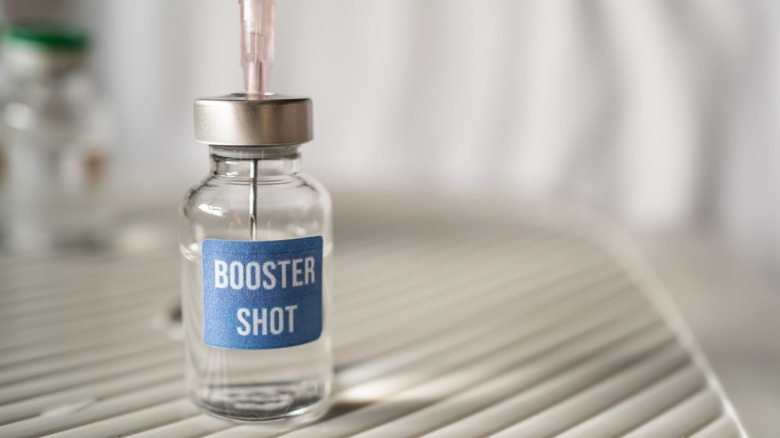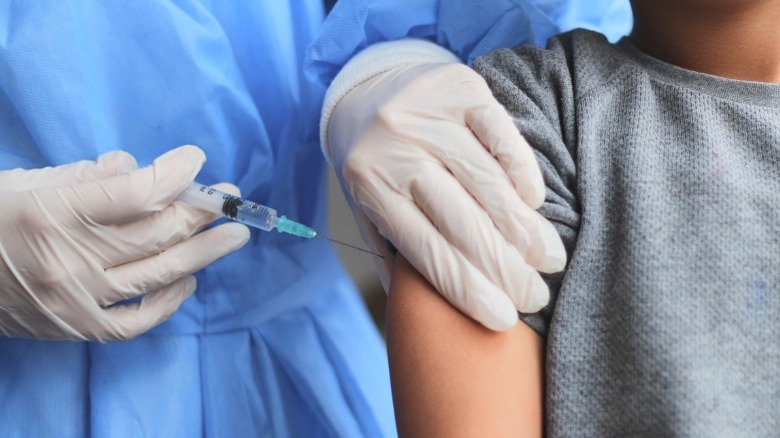What Does The Future Of COVID-19 Boosters Look Like?
Following the recent U.S. Food and Drug Administration (FDA) authorization of a second COVID-19 booster shot for people over 50 who received a first booster at least four months prior, the Vaccines and Related Biological Products Advisory Committee will soon meet to discuss how booster shots will fit into American life moving forward and begin to determine a potential strategy. Yet, according to NBC News, less than half of eligible adults have even received a first booster shot at this point.
And as this panel of FDA advisers prepares to discuss a long-term framework surrounding booster shots, the science still needs to bear out whether receiving additional booster shots periodically makes sense as a public health safety measure, even as different variants emerge. Some health experts believe that coming up with a vaccine with more staying power than what is currently available may ultimately be better in the long run.
NBC reports that the experts hope to have a better idea about the future of boosters following this meeting.
What is a combination vaccine?
A two-in-one vaccine is a vaccine that combines two or more vaccines as a way to reduce the number of shots you receive. Young children often receive combination vaccines due to the level of protection they require at an early age against dangerous diseases. This method of combining vaccines is not new, having been used in the United States since the 1940s (via Centers for Disease Control and Prevention).
Given the possibility that people may need continued protection against COVID-19 while still also needing protection from the flu, ABC News recently reported that pharmaceutical company Moderna has begun researching a way to develop a single dose of a COVID-19 booster combined with the drug manufacturer's flu booster. The combo vaccine is called mRNA-1073 and could be available as early as 2023. Pharmaceutical manufacturer Novavax is also researching a single shot that would combine a COVID-19 and flu vaccine.
Some health experts are cautiously optimistic about a two-in-one COVID-19 and flu booster. Combining flu vaccines with COVID-19 vaccines in a single shot can be tricky, as each of these vaccines uses a different method to develop an immune response. Also, some experts believe it is too early to determine if an annual COVID-19 booster will even be necessary. However, if there is a need for an annual COVID-19 shot, they support the idea of a two-in-one COVID-19 vaccine and flu vaccine dose (via ABC News).


